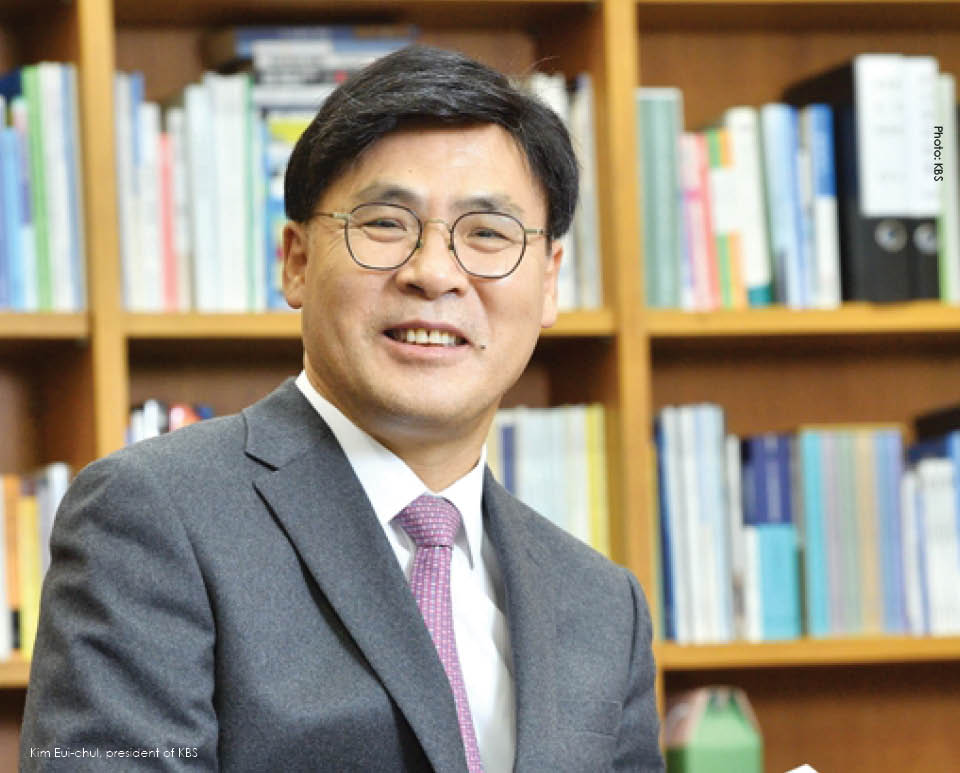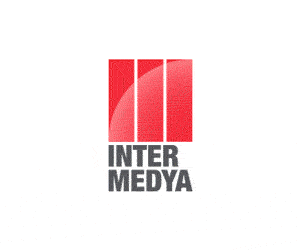
Kim Eui-chul, the president of Korean public broadcaster KBS, has issued a plea to regulators not to separate licence-fee collection from electricity bills... and says if the measure is withdrawn, he will step down.
“If I, who was appointed as the president in the previous administration, is a problem, I will step down as president,” he says, warning that separate collection of license fees “shakes the foundation of public broadcasting”.
Kim says the proposal, which insiders think will come into effect by the end of the year, “puts Korea’s representative public broadcasting on the verge of extinction”.
At the core of his plea is Korea’s KRW620 billion/US$480.6 million annual TV licence fee revenue, which Kim says could fall to KRW100 billion/US$77.5 million if the country goes ahead with separate collection and KBS is forced to spend the balance setting up its own collection infrastructure.
“In the end, the damage caused by the separate taxation will go back to the people,” he says.
Households currently have a KRW2,500/US$1.95 tax added to their monthly electricity bills. The fee is collected by state-run utility, Korea Electric Power Corp.
Pointing out that KBS – the home of Winter Sonata – kicked off the Hallyu/K-wave movement and is a vital contributor to Korean culture, he also emphasises that Korea’s direction... comes at a time when the world’s advanced countries, such as the U.S., U.K., Germany, France and Japan, are taking measures to strengthen their public broadcast services.
He may be shouting into a void.
The Presidential Office’s National Proposal Review Committee has already recommended that the Korea Communications Commission and the Ministry of Trade, Industry and Energy amend the statute to allow separate collection.
The recommendation includes measures to ensure the status and responsibility of public broadcasting.
But Kim is doubtful. He says a shift to “the worst and inefficient method of funding” runs counter to any protection measures.
At the same time as promising to reflect on ...
Kim Eui-chul, the president of Korean public broadcaster KBS, has issued a plea to regulators not to separate licence-fee collection from electricity bills... and says if the measure is withdrawn, he will step down.
“If I, who was appointed as the president in the previous administration, is a problem, I will step down as president,” he says, warning that separate collection of license fees “shakes the foundation of public broadcasting”.
Kim says the proposal, which insiders think will come into effect by the end of the year, “puts Korea’s representative public broadcasting on the verge of extinction”.
At the core of his plea is Korea’s KRW620 billion/US$480.6 million annual TV licence fee revenue, which Kim says could fall to KRW100 billion/US$77.5 million if the country goes ahead with separate collection and KBS is forced to spend the balance setting up its own collection infrastructure.
“In the end, the damage caused by the separate taxation will go back to the people,” he says.
Households currently have a KRW2,500/US$1.95 tax added to their monthly electricity bills. The fee is collected by state-run utility, Korea Electric Power Corp.
Pointing out that KBS – the home of Winter Sonata – kicked off the Hallyu/K-wave movement and is a vital contributor to Korean culture, he also emphasises that Korea’s direction... comes at a time when the world’s advanced countries, such as the U.S., U.K., Germany, France and Japan, are taking measures to strengthen their public broadcast services.
He may be shouting into a void.
The Presidential Office’s National Proposal Review Committee has already recommended that the Korea Communications Commission and the Ministry of Trade, Industry and Energy amend the statute to allow separate collection.
The recommendation includes measures to ensure the status and responsibility of public broadcasting.
But Kim is doubtful. He says a shift to “the worst and inefficient method of funding” runs counter to any protection measures.
At the same time as promising to reflect on the reasons why public opinion overwhelmingly favours separation, he says the recommendation is fraught with problems in content and process.
He also questions the motivation behind a process centred around popularity votes.
Along with highlighting “misleading information” about overseas case studies and an allegedly flawed voting process, he points out a possible lack of introspection and concern about the meaning of public broadcasting as a social institution.
He also says there was insufficient consultation with experts in the field, and adds that the President’s Office didn’t explain the true meaning and value of the licence fee when it presented its background to public discussions in March.
In addition, Kim says the proposal did not highlight a Constitutional Court decision and Supreme Court precedent. These recognise the legitimacy and efficiency of integrated collection.
Perhaps most of all though, he says KBS was “thoroughly excluded” from the discussion process with the review committee, and that no separate request was made for its opinion. KBS’ position was submitted voluntarily as part of the consultation process.
“KBS is not just a broadcasting company that can only be seen on the TV screen. It is a social system in which various responsibilities and authorities are assigned by law to contribute to the promotion of democracy, culture, and national welfare,” he says.
























